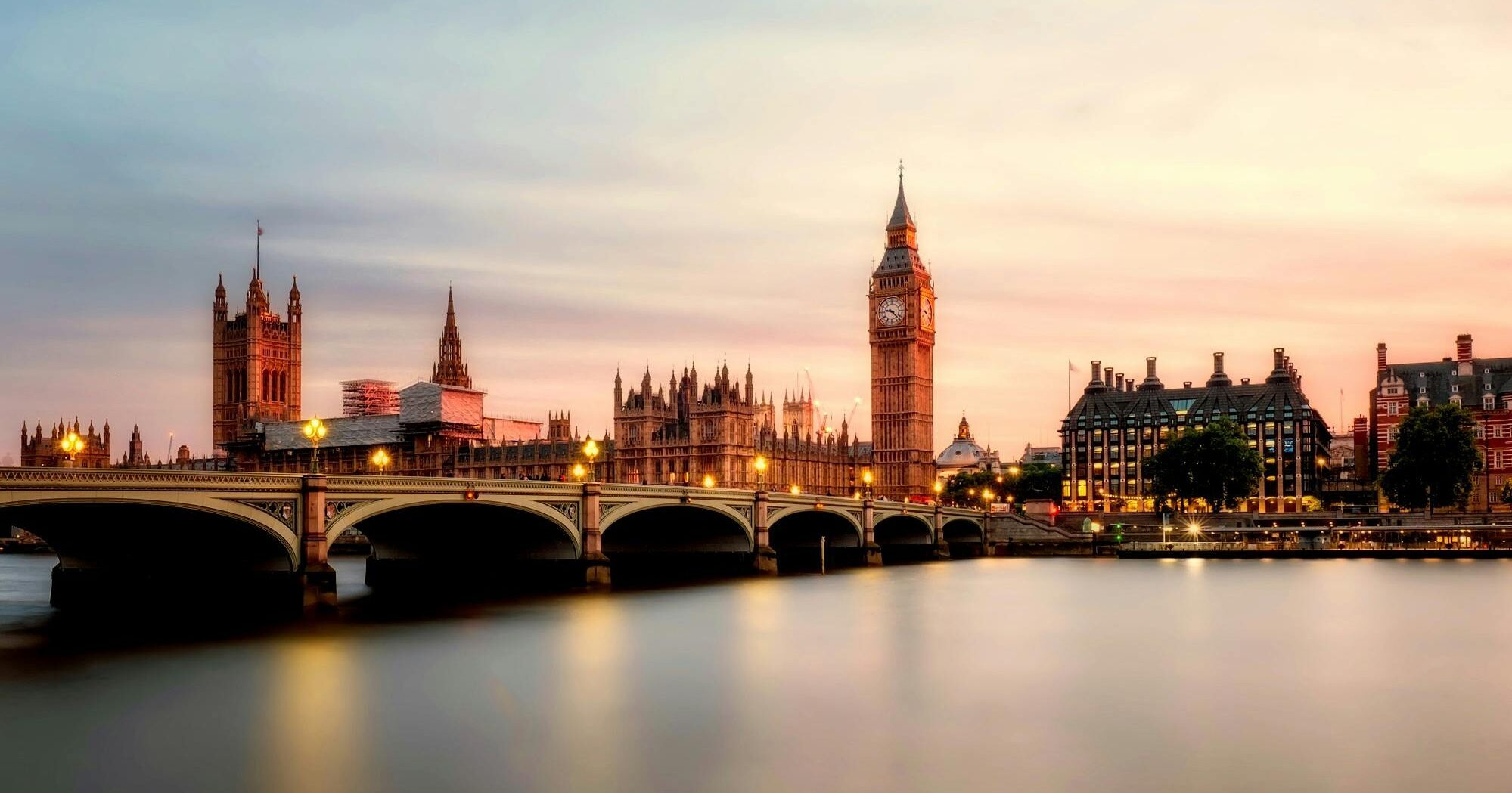Articles
The Art of West End Marketing
Henry Henley on Blending Data, Instincts, and Creativity
Like what you see below?
Get more stories like this in your inbox by joining our newsletter.

Theatre marketing in the West End is a unique challenge, requiring a mix of creativity, precision, and adaptability. Few understand this better than Henry Henley, Media Director at Situation UK.
With a background spanning various industries, Henry brings a fresh perspective to theatre marketing, balancing insights with instincts to create campaigns that resonate. In a recent discussion, Henry shared his thoughts on the misconceptions about digital media, the evolving role of traditional platforms, and how marketing strategies must adapt to the theatre industry’s specific demands.
Misconceptions About Digital Media
One of the most common misconceptions Henry encounters is the idea that digital media offers a one-size-fits-all solution. “Clients often think that simply being present on a platform will achieve their goals,” Henry explained. “But success requires a tailored approach—understanding your audience, the platform’s dynamics, and how to deliver the right message at the right time.”
Another misconception, he noted, is that digital is inherently inexpensive. “Platforms like Meta have a reputation for being cost-effective, but when you’re targeting first-party data or using advanced geo-targeting, the costs can be comparable to traditional media,” Henry said. “There’s a perception that digital is always cheap, but high-quality targeting is an investment.”
Success requires a tailored approach—understanding your audience, the platform’s dynamics, and how to deliver the right message at the right time.
The Value of Traditional Media
Despite the rise of digital media, Henry is quick to highlight the strengths of traditional platforms. “Traditional media excels at creating impact and evoking emotion,” he said. “Whether it’s an eye-catching out-of-home execution or a feature in a reputable publication, these channels build strong brand associations in a way that digital sometimes struggles to replicate.”
Henry is particularly bullish on out-of-home advertising. “A well-executed train station takeover or a bold billboard campaign can deliver a level of impact that’s hard to match in the digital space,” he added. “Traditional media trades precision for presence, but that presence can be incredibly powerful.”
Balancing Long Runs and Short Runs
The West End’s unique mix of long-running productions and short-term engagements demands distinct marketing approaches. For long-running shows, Henry focuses on a steady, always-on presence. “It’s about guiding audiences through the awareness-consideration-purchase funnel over time,” he explained. “Moments like anniversaries or special events allow for spikes in activity, but the core strategy is about sustained engagement.”
Short-run productions, however, require a different approach. “With limited time, it’s all about big bursts of activity—impactful campaigns that create buzz and drive immediate action,” Henry said. “The challenge is delivering that impact while working within tight timelines and budgets.”
Marketing New IP Versus Established Brands
Marketing a show with existing intellectual property (IP) presents its own challenges, but launching new IP is an entirely different beast. “For new IP, the focus is on fostering excitement and differentiation,” Henry said. “It’s about identifying core audiences, crafting a compelling message, and finding creative ways to stand out. Out-of-home campaigns, for example, can be a great way to build awareness quickly.”
For established brands, the strategy shifts to maintaining relevance. “With shows like Wicked, the goal is to stay top of mind,” he explained. “It’s about consistency and ensuring that the brand remains relevant and visible to audiences.”
Tourism’s Role in the West End
Tourism is a critical component of West End theatre audiences, and Henry’s strategies reflect that. “Domestic and international tourists are a core audience, especially during peak seasons like Christmas holidays,” he said. “Platforms like Meta and TikTok allow us to target these audiences with creative that highlights the West End as a must-see destination.”
Henry noted the importance of seasonality in these campaigns. “We scale up our tourism efforts during peak times and adjust budgets in quieter periods,” he added. “It’s about being dynamic and ensuring our message reaches the right people at the right time.”
Instincts bring the human element. It’s about understanding how to make people feel something with our campaigns.
Insights Versus Instincts
For Henry, successful marketing lies in balancing insights with instincts. “Insights provide the framework—data, benchmarks, and performance metrics inform our strategy,” he said. “Instincts bring the human element. It’s about understanding how to make people feel something with our campaigns.”
He emphasised the need for both elements to work in harmony. “You can have the best data-driven plan, but if the creative doesn’t connect emotionally, it won’t land,” Henry explained. “The same goes for great creative without a strong strategic foundation. You need both to succeed.”
What Makes Theatre Marketing Unique
Having worked across various industries, Henry finds the theatre business uniquely rewarding. “The milestones in this industry—like opening nights or anniversaries—carry so much weight,” he said. “They define the rhythm of a campaign, and missing those moments isn’t an option.”
He also appreciates the personal connection that comes with theatre marketing. “The passion of the clients is palpable,” he said. “You’re not just working with a brand; you’re collaborating with people who deeply care about their projects. That shared vision makes the work incredibly fulfilling.”
The possibilities are endless, and it’s an exciting time to be in the industry.
Looking to the Future
Henry is optimistic about the future of marketing, particularly in the areas of contextual targeting and programmatic audio. “Natural language processing is becoming more sophisticated, allowing us to place ads in highly relevant environments,” he said. “For example, targeting a podcast discussion about the Wicked Movie with a Wicked West End live performance ad—it feels seamless and engaging.”
He’s also excited about personalisation in real-time. “Imagine dynamically tailored ads that adjust based on weather, recent interactions, or even current events,” he said. “The possibilities are endless, and it’s an exciting time to be in the industry.”
Henry’s insights highlight the unique challenges and opportunities in theatre marketing. From navigating short-run campaigns to balancing insights and instincts, his approach reflects a deep understanding of the industry’s nuances. As the digital landscape continues to evolve, his strategies ensure that the West End remains vibrant, relevant, and captivating to audiences around the world.
Join our newsletter list to hear our insights, data, and perspectives on your industry.
"*" indicates required fields
